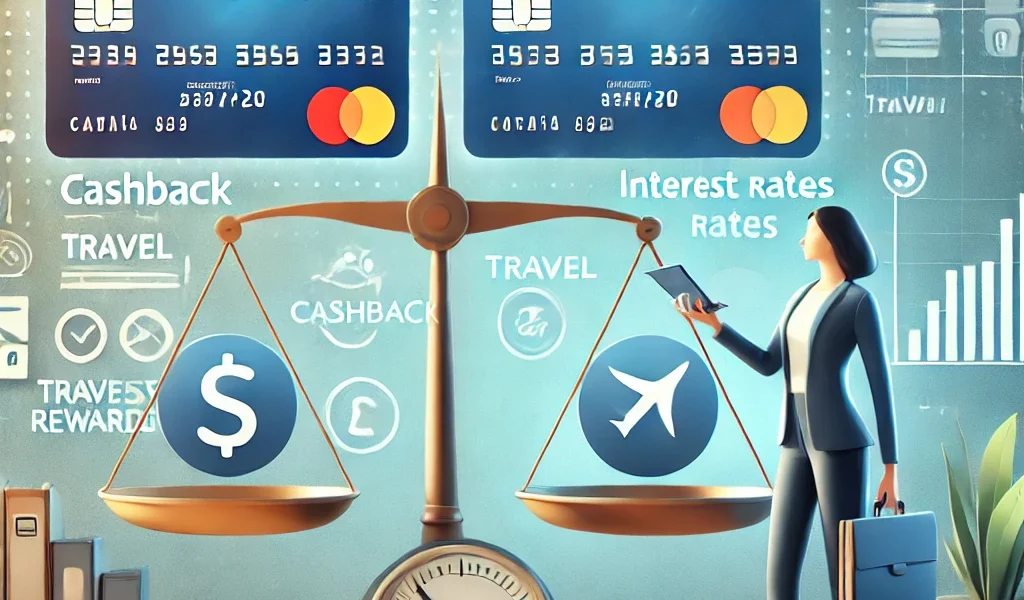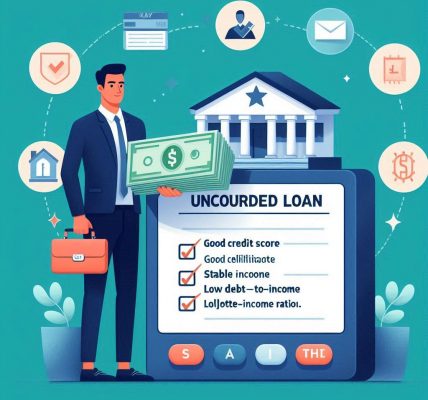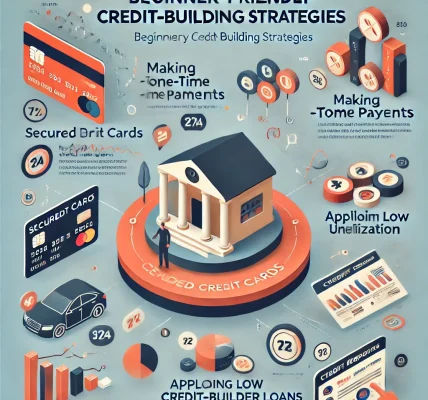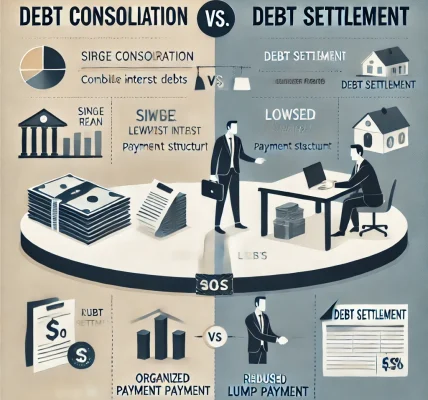Introduction
Credit cards can be a powerful financial tool when used wisely. They offer rewards, cashback, travel perks, and other benefits. However, high interest rates can quickly negate those advantages if you carry a balance. Understanding how to balance credit card rewards and interest rates is key to making the most of your credit without falling into debt.
This guide will help you learn how to maximize your credit card rewards while avoiding unnecessary interest charges.
1. Understanding Credit Card Rewards
Credit card rewards programs incentivize spending by offering cashback, points, or travel miles for purchases. There are different types of rewards programs:
a) Cashback Rewards
- Earn a percentage of your spending as cashback.
- Example: 1.5% cashback on all purchases.
- Some cards offer higher cashback for specific categories like gas, groceries, or dining.
b) Travel Rewards
- Earn points or miles that can be redeemed for flights, hotels, or travel expenses.
- Example: 2x miles on travel-related purchases.
- Best for frequent travelers who want to save on airfare and accommodations.
c) Points-Based Rewards
- Earn points that can be redeemed for gift cards, merchandise, or statement credits.
- Some programs offer bonus points for spending in select categories.
- Example: 5x points on dining and entertainment.
d) Sign-Up Bonuses
- Many credit cards offer welcome bonuses if you spend a certain amount within the first few months.
- Example: “Earn 50,000 points after spending $3,000 in 3 months.”
Pro Tip: Choose a rewards program that aligns with your spending habits. If you travel frequently, go for a travel rewards card; if you prefer simplicity, a cashback card may be best.
2. Understanding Credit Card Interest Rates
If you carry a balance on your credit card, interest charges can quickly add up. Here’s what you need to know:
a) Annual Percentage Rate (APR)
- The APR is the interest rate charged on unpaid balances.
- Example: If your credit card has a 20% APR, you’ll be charged 20% annually on any unpaid balance.
b) How Interest is Calculated
- Interest is typically compounded daily, meaning the longer you carry a balance, the more you pay.
- If you only make minimum payments, most of your money goes toward interest instead of reducing the principal balance.
c) Introductory 0% APR Offers
- Some credit cards offer 0% APR for an initial period (e.g., 12-18 months).
- These cards can help pay off large purchases or transfer high-interest debt without incurring interest.
d) Penalty APRs & Fees
- Late payments can trigger a penalty APR as high as 30%.
- Some cards charge annual fees, balance transfer fees, and foreign transaction fees.
Pro Tip: Always pay your full balance each month to avoid interest charges and maximize your rewards.
3. Balancing Rewards & Interest Rates
While credit card rewards are attractive, carrying a balance erodes the benefits. Here’s how to strike the right balance:
a) Pay Off Your Balance in Full Each Month
- Avoid interest charges by paying the full statement balance.
- Set up automatic payments to prevent missed payments.
b) Choose a Low-Interest Card If You Carry a Balance
- If you can’t pay in full, focus on a card with a low APR, even if it offers fewer rewards.
- Consider a balance transfer card with a 0% intro APR.
c) Use Rewards to Offset Costs
- Redeem cashback rewards for statement credits to reduce your bill.
- Use travel rewards for free flights and hotel stays, reducing vacation expenses.
d) Avoid Overspending for Rewards
- Don’t make unnecessary purchases just to earn rewards.
- Spending $5,000 for a $100 cashback reward isn’t worth it if you can’t pay it off.
e) Understand Redemption Rules
- Some rewards expire or have redemption restrictions.
- Choose a card with flexible redemption options.
4. Best Strategies for Using Credit Cards Wisely
a) Set a Budget
- Treat your credit card like a debit card—only spend what you can afford to pay in full.
b) Use Multiple Cards Strategically
- Have a high-rewards card for everyday purchases.
- Keep a low-interest card for emergencies.
c) Take Advantage of Sign-Up Bonuses
- If you can meet the spending requirement responsibly, sign-up bonuses can be valuable.
- Avoid opening multiple cards at once, as it can impact your credit score.
d) Monitor Your Credit Score
- Check your credit report regularly for errors and fraud.
- Good credit behavior improves your creditworthiness for future loans.
e) Redeem Rewards Before They Expire
- Some rewards expire after a certain period.
- Set reminders to use your rewards before they’re gone.
Conclusion
Credit cards offer great rewards and benefits, but only if you use them wisely. The key to maximizing rewards while avoiding interest is paying your balance in full every month. Choose a card that aligns with your spending habits, take advantage of cashback and travel rewards, and avoid unnecessary debt.




